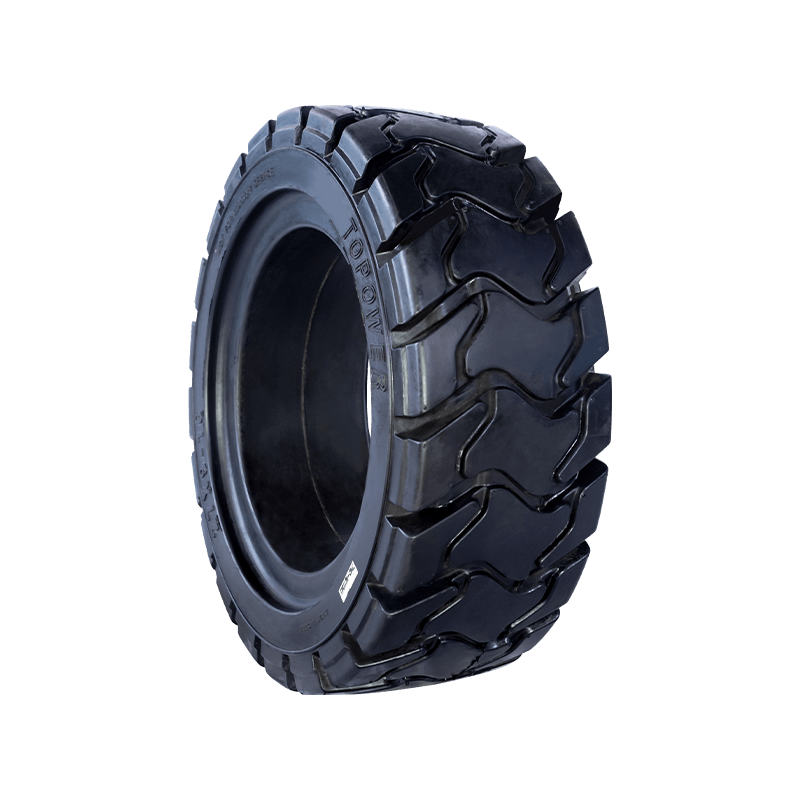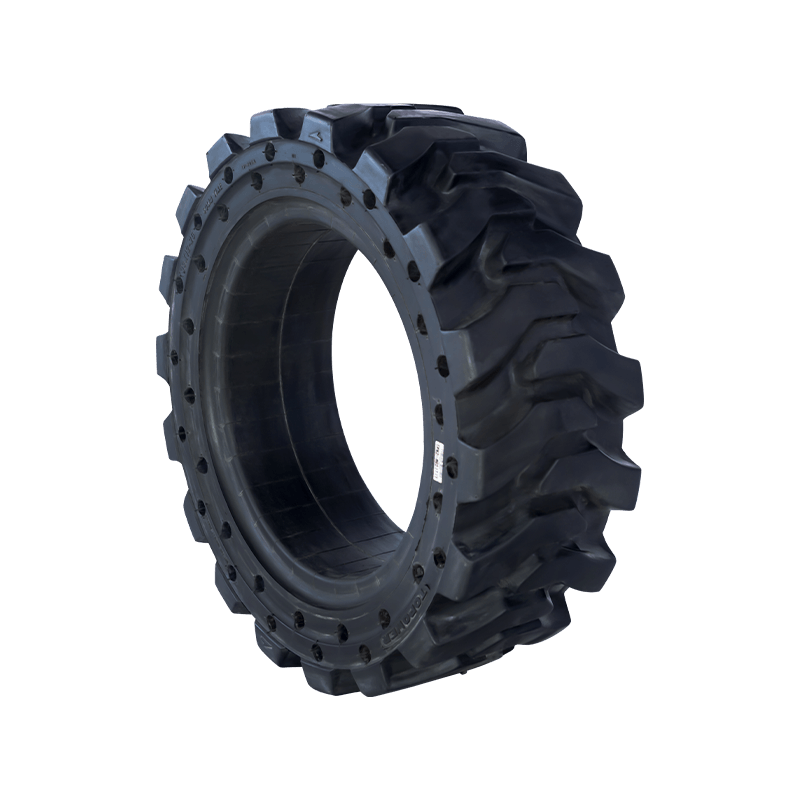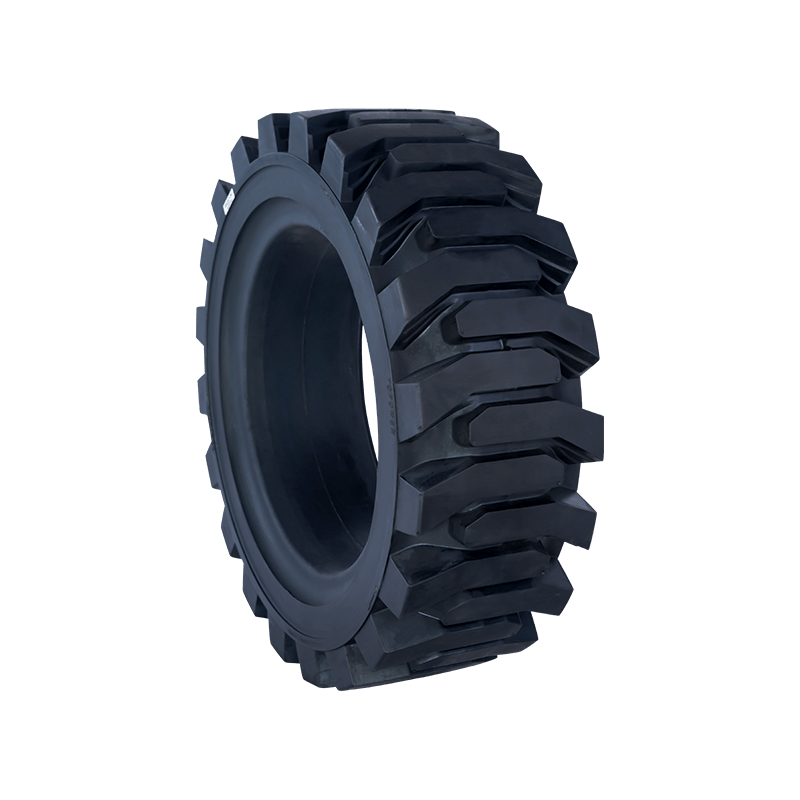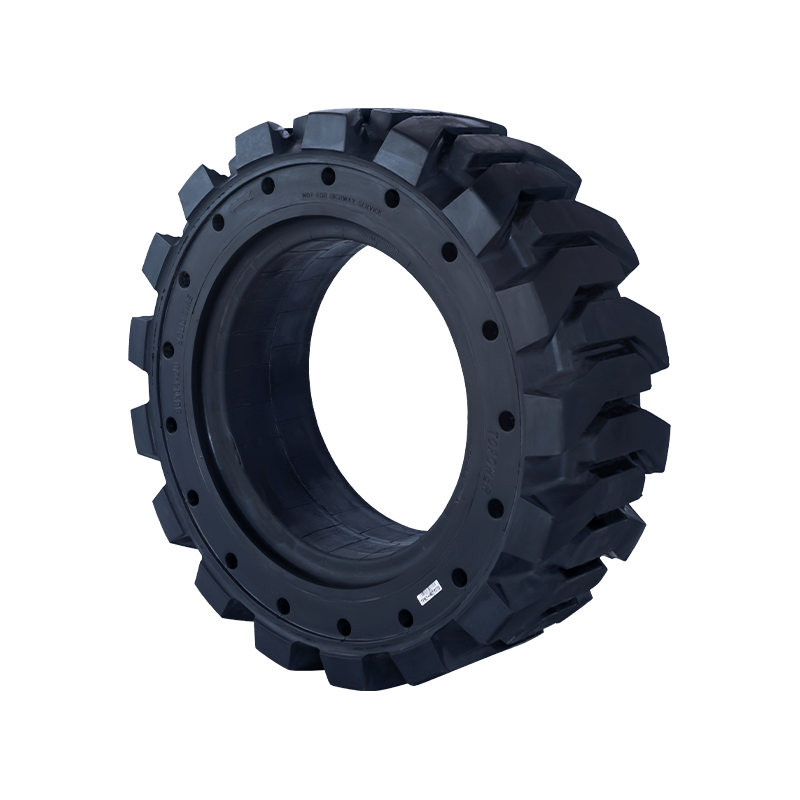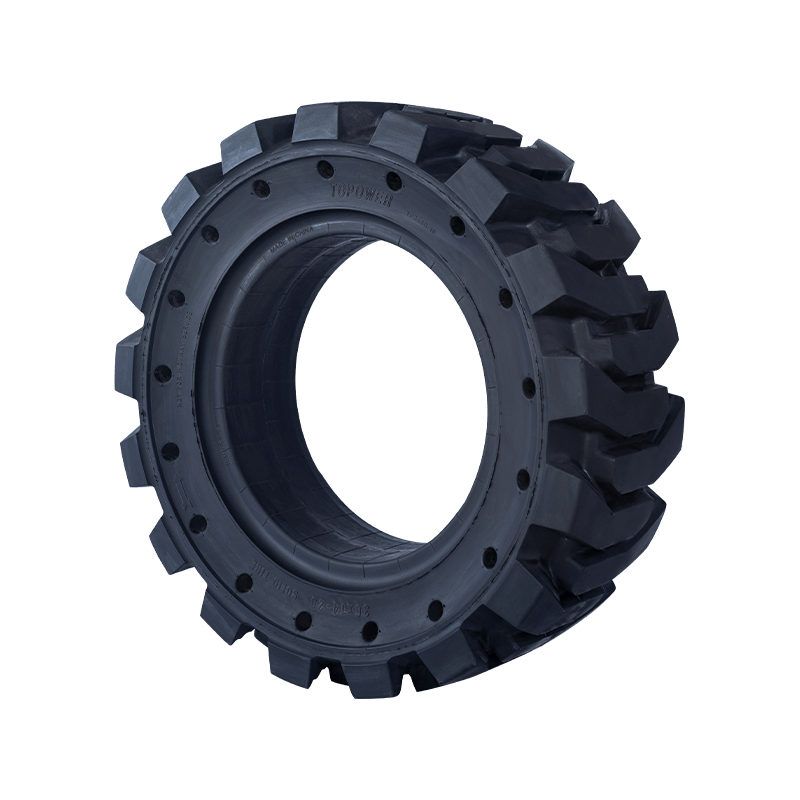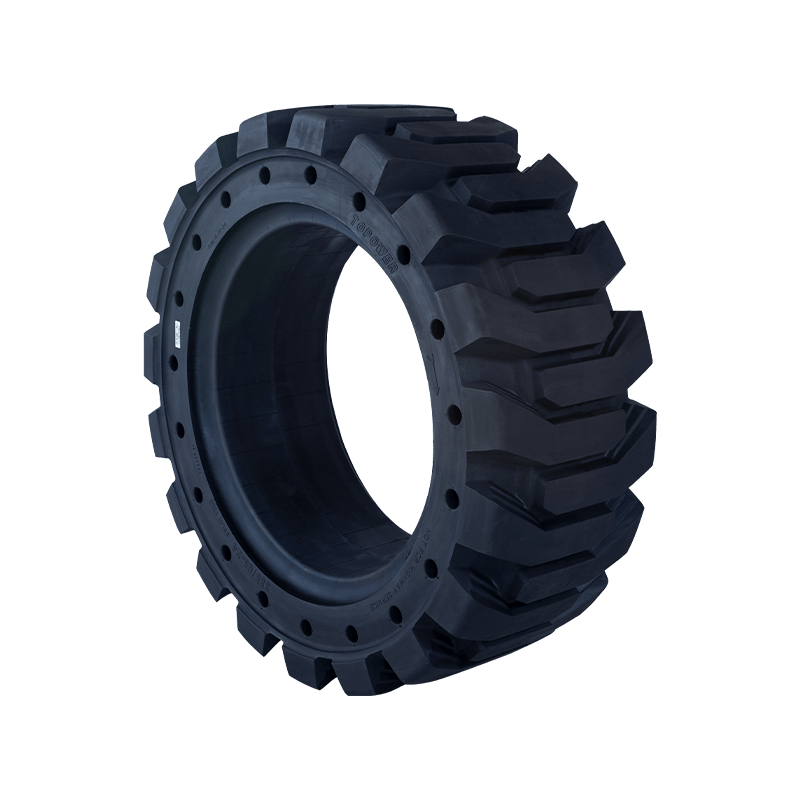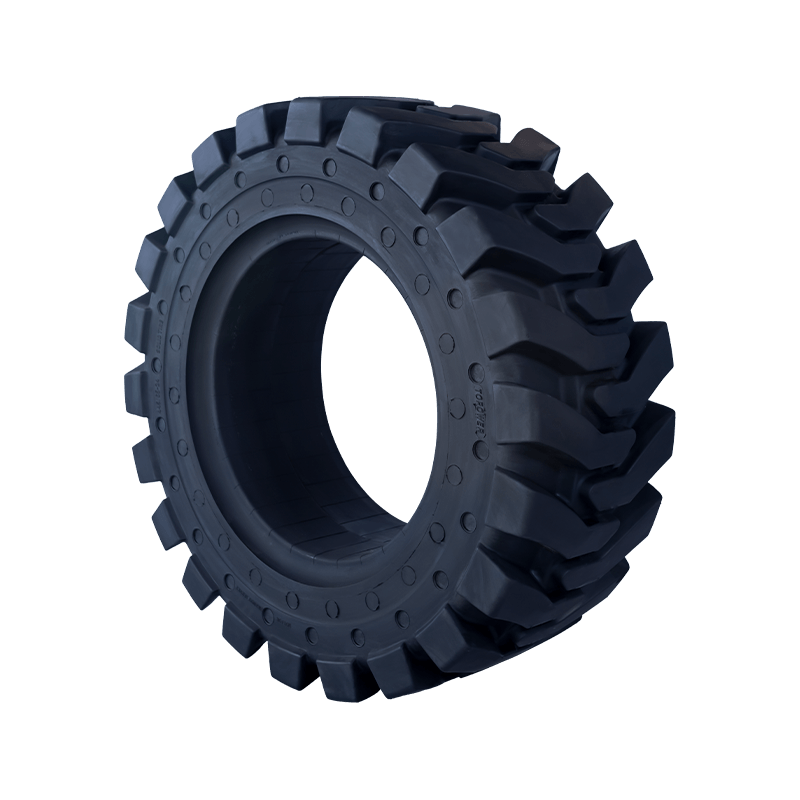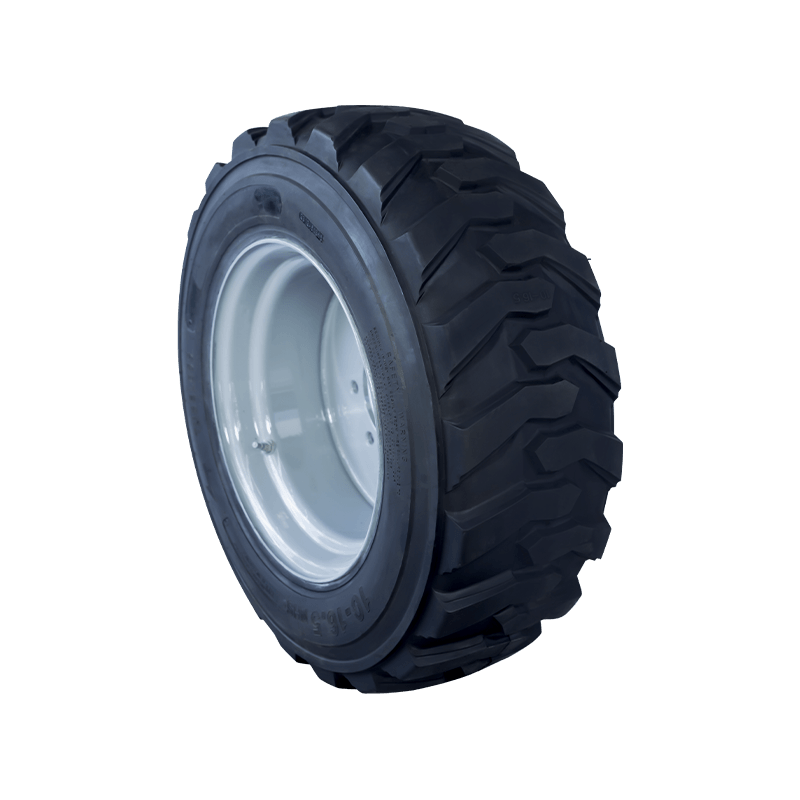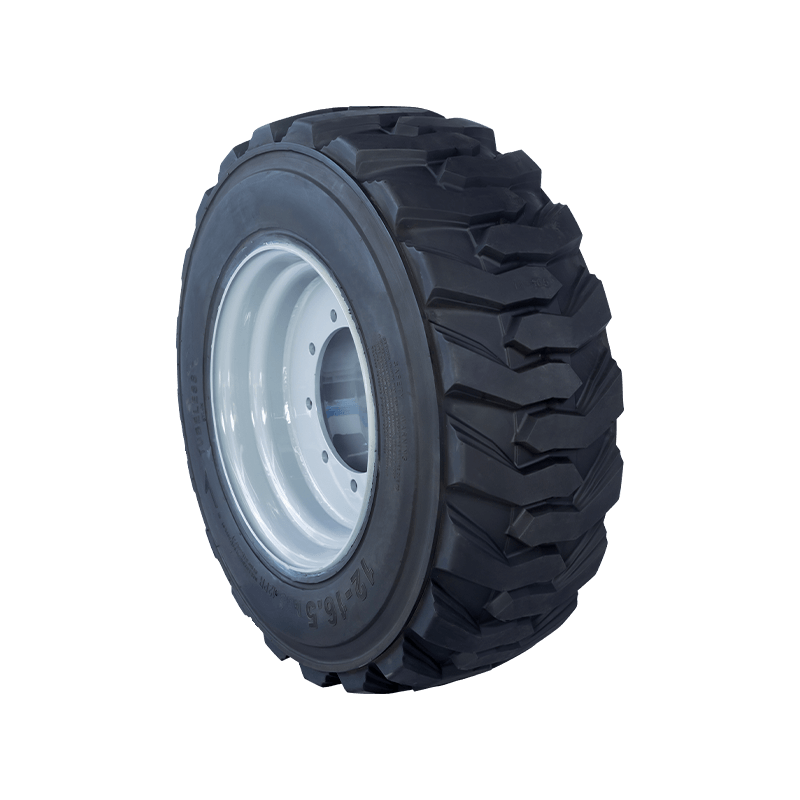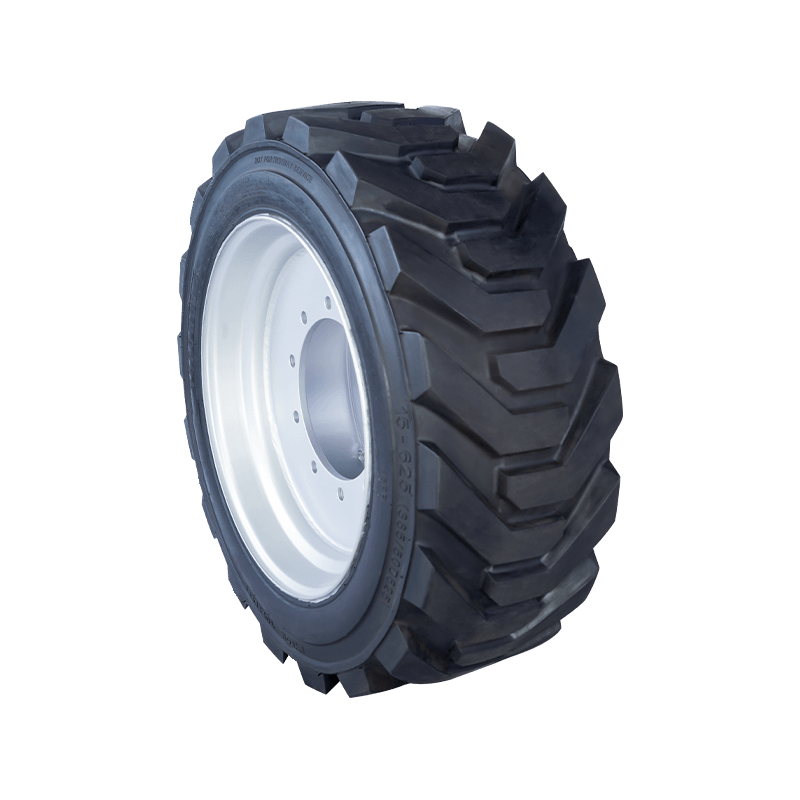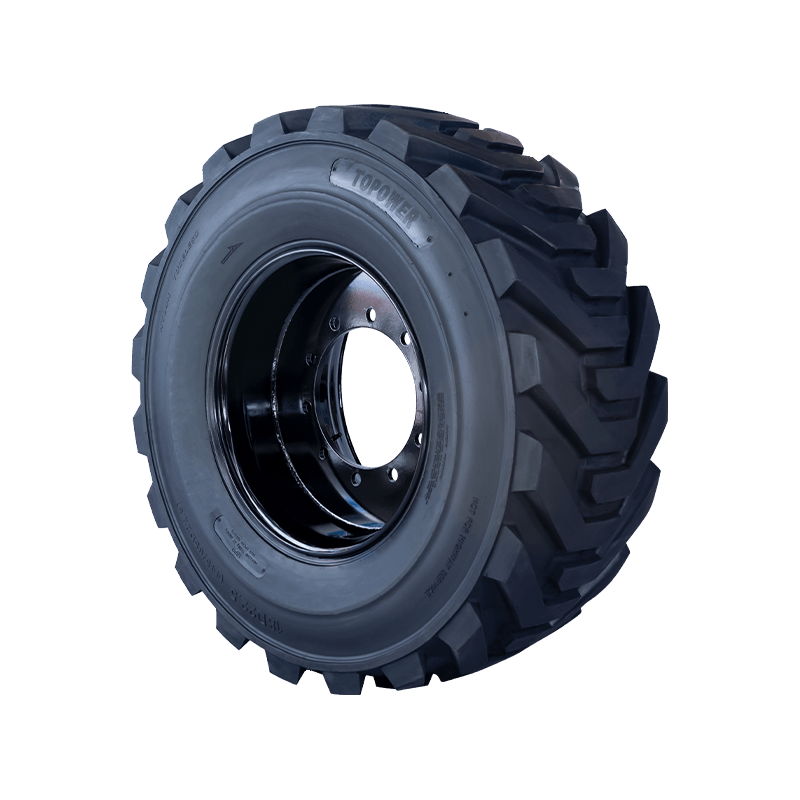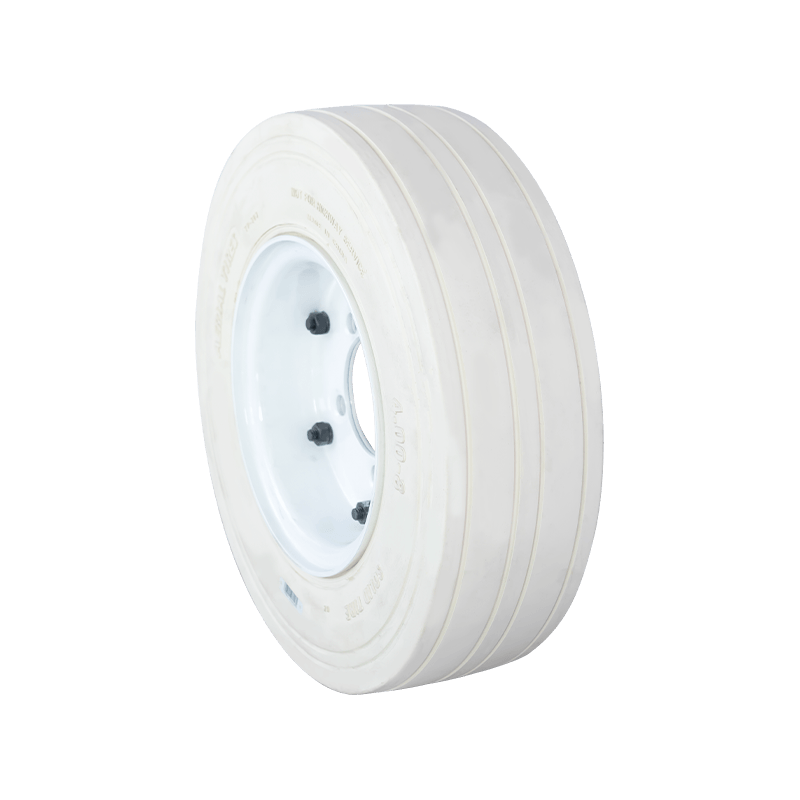Understanding Forklift Tyres and Their Importance
Forklift tyres are critical components that directly affect the performance, safety, and efficiency of material handling operations. Selecting the right forklift tyre can impact stability, traction, load capacity, and floor protection. Among the most commonly used types are polyurethane tires and traditional rubber forklift tyres, each designed for specific applications. Understanding the characteristics and advantages of these tyres allows warehouse managers, industrial operators, and logistics professionals to choose the optimal forklift tyre for their working conditions and operational demands. Proper tyre selection ensures safer, more efficient, and cost-effective material handling.
Advantages of Polyurethane Forklift Tyres
Polyurethane forklift tyres are renowned for their durability, low wear, and exceptional floor protection. These tyres are perfect for indoor operations, such as warehouses, factories, and distribution centers, where smooth surfaces require minimal floor damage. The polyurethane material reduces noise, making the working environment quieter and more comfortable for operators. Polyurethane forklift tyres also resist oils, chemicals, and abrasion, extending their service life and reducing maintenance costs. These tyres provide excellent load-bearing capacity, smooth ride, and precise handling, making them highly suitable for applications that require reliable indoor forklift performance.
Advantages of Rubber Forklift Tyres
Traditional rubber forklift tyres are widely used for outdoor and mixed-surface operations. They provide superior traction, shock absorption, and stability on uneven surfaces like gravel, asphalt, and concrete. Rubber forklift tyres are particularly effective for outdoor warehouses, construction sites, and industrial yards, where surfaces are irregular and require robust traction. While they may wear faster than polyurethane tyres in indoor environments, rubber forklift tyres offer versatility and durability for challenging outdoor conditions. Their shock-absorbing properties also enhance operator comfort and reduce wear on the forklift.
Comparing Polyurethane and Rubber Forklift Tyres
When evaluating polyurethane forklift tyres versus rubber forklift tyres, it is essential to consider factors such as load capacity, surface type, operating environment, and usage frequency. Polyurethane forklift tyres excel in indoor applications, providing quiet operation, long service life, and minimal floor wear, while rubber forklift tyres are better suited for outdoor tasks, offering traction, vibration absorption, and adaptability to uneven surfaces. By assessing operational needs and environmental conditions, businesses can select the right forklift tyre to maximize safety, efficiency, and cost-effectiveness.
Maintenance Tips for Forklift Tyres
Proper maintenance of forklift tyres extends their lifespan and improves operational safety. Regular inspection of tyres for wear, cracks, or embedded debris prevents accidents and reduces unexpected downtime. Maintaining correct tyre pressure and alignment enhances stability and prevents uneven wear, ensuring smoother forklift operation. For polyurethane tyres, avoid sharp objects and surfaces that could damage the tyre. For rubber tyres, monitor tread depth to maintain optimal traction. Consistent maintenance keeps both types of forklift tyres performing reliably, reducing costs and enhancing productivity.
Choosing the Right Forklift Tyre for Your Needs
The choice of forklift tyre depends on the operational environment and specific application requirements. For indoor warehouses, factories, and distribution centers, polyurethane tyres are the preferred option due to their floor protection, low noise, and durability. For outdoor yards, industrial sites, or operations with uneven surfaces, rubber forklift tyres provide the traction, stability, and shock absorption required for safe and efficient handling. By understanding the differences between these forklift tyre types, businesses can optimize forklift performance, reduce downtime, and ensure operator safety.
Forklift Tyre Applications Across Industries
Forklift tyres are used across a wide range of industries and applications:
Warehouse and logistics operations:
For warehouse and logistics operations, polyurethane forklift tyres are the ideal choice due to their ability to handle smooth indoor floors efficiently. These tyres provide low operational noise, making the work environment more comfortable for employees, especially in large-scale distribution centers. In addition, polyurethane tyres cause minimal floor wear, preserving the integrity of concrete or polished surfaces while allowing forklifts to transport heavy loads consistently and safely. Their durability and resistance to abrasion make them a cost-effective solution for high-frequency warehouse operations, ensuring that forklifts maintain optimal performance over extended periods.
Automotive and manufacturing plants:
In automotive factories and manufacturing plants, both rubber and polyurethane forklift tyres play an essential role in material transport, assembly line operations, and component handling. Polyurethane tyres are favored for indoor areas where smooth floors and reduced noise are priorities, while rubber tyres are often used for sections where traction and vibration absorption are necessary. These tyres contribute to precision handling of delicate components, reduce downtime caused by tyre wear or damage, and enhance overall operational efficiency. By selecting the right tyre type, manufacturers can maintain reliable and consistent performance across different production stages.
Construction and outdoor facilities:
Rubber forklift tyres excel in construction sites and outdoor facilities where surfaces are uneven, gravel-covered, or paved with asphalt. Their strong grip and shock-absorbing capabilities provide stability and safety, allowing forklifts to transport materials without slipping or tipping. Rubber tyres also endure harsh weather conditions and rough terrain, reducing the risk of tyre damage and maintenance requirements. These properties make rubber tyres a dependable choice for outdoor operations, ensuring that forklifts can perform heavy-duty tasks efficiently and safely even in demanding environments.
General industrial use:
In general industrial applications, such as factories, workshops, and distribution centers, forklift tyres are essential for improving overall safety, operational efficiency, and equipment longevity. Both polyurethane and rubber tyres contribute to reducing wear on forklift components and flooring, while enhancing productivity during material handling tasks. Properly selected forklift tyres allow operators to maneuver confidently, transport heavy loads accurately, and perform repetitive tasks without compromising performance. Their durability, traction, and load-bearing capabilities make them critical components for maintaining smooth and efficient industrial operations.

 English
English русский
русский Español
Español عربى
عربى


